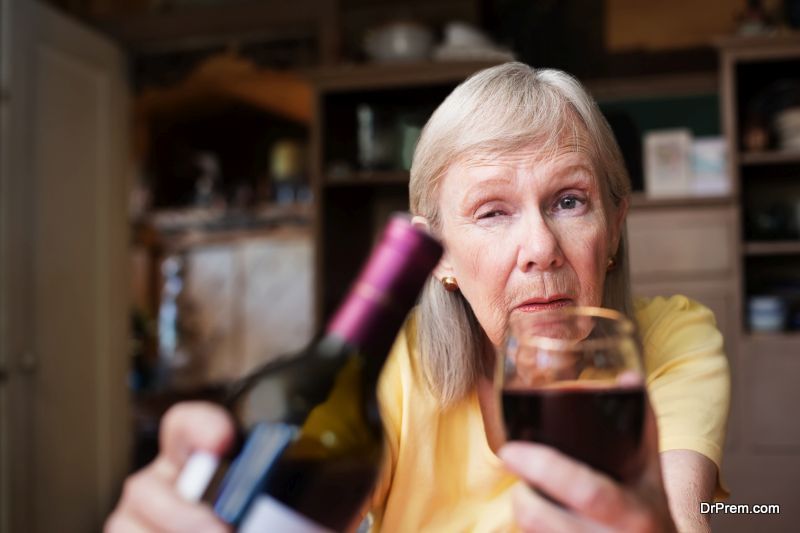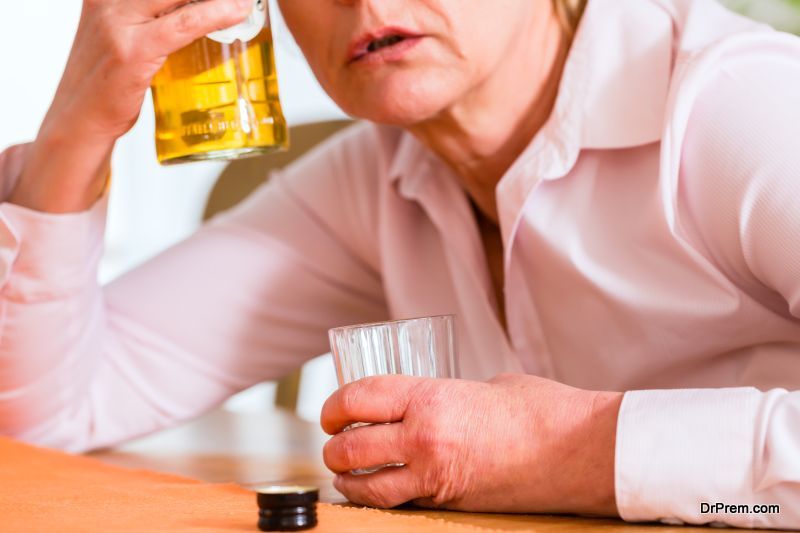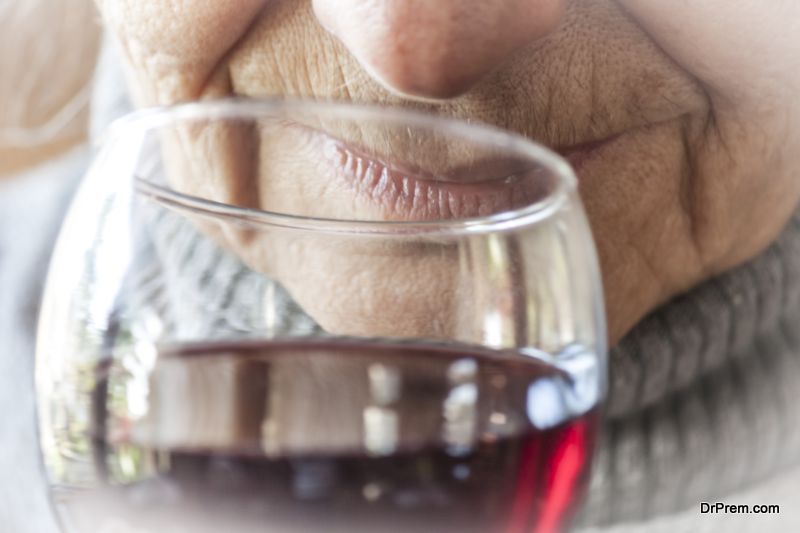When health professionals discuss alcohol dependency, they often focus on underage drinkers, binge drinking on college campuses, or alcoholism in adult males. And while these struggling groups certainly deserve discourse, a demographic that is commonly left out of the discussion is women over the age of 65.
According to a recent CDC study, these women are more likely than any other demographic in the U.S. to binge drink on a regular basis. As a result of these findings, it is increasingly clear that more attention must be paid to alcohol dependency in older women.
How Much Is Too Much?
According to the World Health Organization, women over the age of 65 should not drink more than two standard alcoholic drinks per day and no more than seven standard alcoholic drinks per week. The Department of Nursing at The University of Southern California defines a standard alcoholic drink as:
- 5 ounces of liquor (whiskey, vodka, rum, etc.)
- 5 ounces of wine (white, red, rosé, or Champagne)
- 12 ounces of beer
- 8 ounces of malt liquor
More than two of these drinks on any given day can put a woman at higher risk for heart or liver disease and cancer. More than four drinks in one day is considered binge drinking by the National Institute on Aging.
The Risks of Alcohol Dependency in Older Women
Older women who struggle with an alcohol dependency have a higher risk for the following health issues:
- Cancer of the throat, liver, breast, mouth, esophagus, and colon
- Heart disease
- Brain shrinkage
- Memory loss
- Liver disease (fatty liver and cirrhosis)
Furthermore, drinking heavily raises the risk of vehicle crashes, falls, and other accidents.
Is Alcohol Dependency the Same as Alcoholism?
If a woman over 65 is drinking more than two drinks a day or more than seven drinks a week, this does not necessarily mean that she is an alcoholic. It might be possible that she has an alcohol dependency — which carries its own risks as stated above.
Alcoholism is certainly the most severe form of a drinking problem, but it can be defined in different ways. Generally speaking, someone is struggling with alcoholism if they:
- Drink heavily (more than 4 drinks per day) on a regular basis (daily)
- Understand the negative impacts and dangers of this habit, but continue anyway
- Want to stop drinking (or have tried to stop) but cannot
- Cannot stop drinking without experiencing withdrawal symptoms such as delirium tremens, heavy sweating, a fever, and nausea and vomiting
Why Are the Signs and Symptoms of Alcohol Dependency Overlooked in Older women?
Alcohol dependency is common, but it is also commonly overlooked. One reason why is that the negative symptoms of alcoholism are closely linked with other chronic health conditions and aging in general. If a woman over 65 imbibes in several drinks, then falls and is injured, the cause of the fall will likely be attributed to her age — even if it is more likely that alcohol caused the fall.
Likewise, medical issues such as headaches, fatigue, stomach pain, and depression are common symptoms of drinking to excess on a regular basis. Still, if these symptoms appear in older women, they are often written off as age-related.
Another reason for overlooking alcohol dependency in older women is that women are not largely thought of as having substance abuse problems. By contrast, men are generally the ones who end up on the receiving end of interventions and legal action because of their behavior while under the influence. It is generally accepted that if a man is seen overindulging in alcohol, he could “have a problem,” but if a woman overindulges, it’s a one-time situation.
Finally, if a woman does end up revealing that she is struggling with a substance abuse issue, the stigma is much greater. Drinking to excess is seen as “unladylike” and cause for concern as to the woman’s stability and mental health. As a result, women tend to underplay their drinking, drink in secret, and deny any issues with the habit.
Dealing With Alcohol Dependency as an Older Woman
A woman does not have to be struggling with advanced alcoholism in order to have a drinking dependency, and if a drinking dependency is present, you should take action.
Those who are concerned about a loved one should kindly and compassionately approach her with their concerns. No stigma should be attached to this intervention. Drinking heavily does not make someone a “bad person.” Often, the individual drinks heavily and regularly in order to self-medicate after a recent trauma or personal struggle or because of a mood disorder such as depression or severe anxiety. Treating the underlying problem, therefore, should be the motivation and goal of the intervention.
Alcohol is one of the trickiest addictive substances available today because it is not only legal, but it’s everywhere. Dealing with alcohol dependency in older women is certainly difficult, but it can be done. Use the resources found here or visit The National Institute on Alcohol Abuse and Alcoholism to learn more about treatment and care.
Article Submitted By Community Writer






